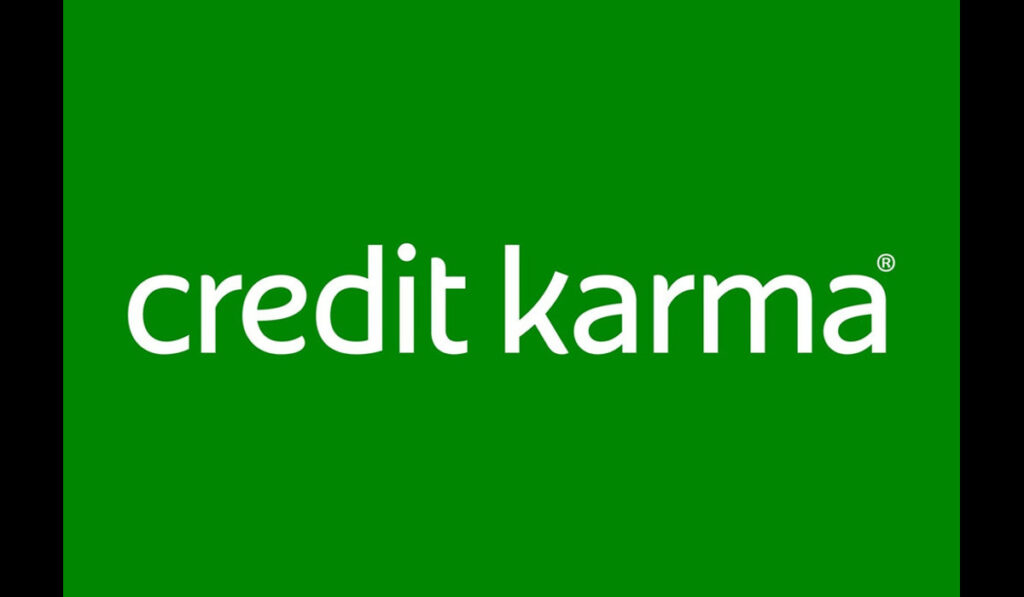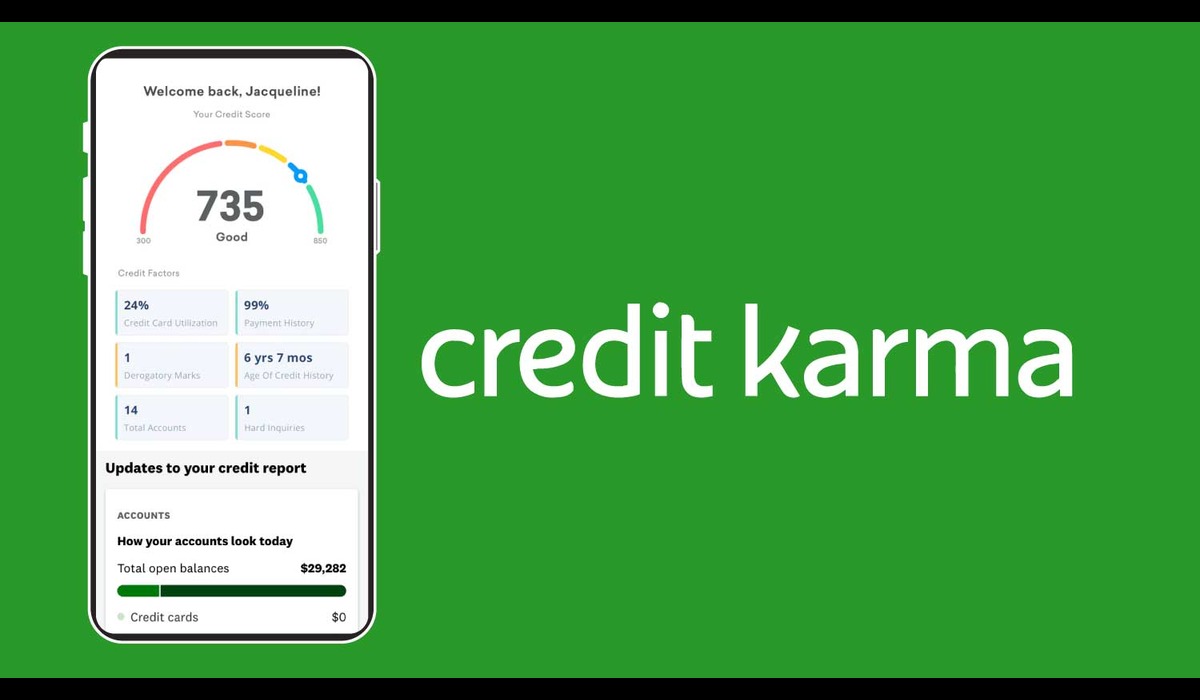Introduction to Credit Karma and its Purpose
If you’ve ever dipped your toes into personal finance, chances are you’ve heard of Credit Karma. This nifty tool has been making waves in financial management, offering users a free and convenient way to monitor their credit scores and overall financial health. Despite its popularity, Credit Karma is often surrounded by misconceptions that can leave potential users feeling wary or confused. Today, we’re here to set the record straight and debunk some common myths about using Credit Karma to monitor your finances. So grab a seat, buckle up, and dive into the truth behind this innovative platform!
Misconception #1: Credit Karma will lower your credit score
Have you ever hesitated to use Credit Karma because you feared it might harm your credit score? It’s a common misconception that checking credit on platforms like Credit Karma can lower it. But let me assure you, this is not the case at all.
In reality, checking your credit score through Credit Karma is considered a soft inquiry, which does not impact your credit score at all. Soft inquiries are only visible to you and do not affect your overall credit standing.
So, feel free to monitor your finances using Credit Karma without worrying about negative repercussions on your credit score. It’s a valuable tool for staying informed about where you stand financially and making positive changes to improve your financial health over time.
Misconception #2: Credit Karma is not accurate
Let’s address the common misconception that Credit Karma is not accurate. Some people believe that because Credit Karma offers free credit scores, it may not be as reliable as paid services. However, this is different.
Credit Karma pulls information from two major credit bureaus, TransUnion and Equifax, to provide a comprehensive overview of your credit profile. At the same time, it may not show your FICO score, which some lenders use, but the VantageScore provided by Credit Karma still indicates where your credit stands.
It’s important to remember that no credit monitoring service is perfect, and there can sometimes be discrepancies in the information shown. But overall, Credit Karma provides a valuable tool for keeping track of your financial health without paying for expensive services.

Misconception #3: Credit Karma only shows one credit score
One common misconception about Credit Karma is that it only shows one credit score. In reality, Credit Karma provides users access to not one but two credit scores from Equifax and TransUnion. This gives individuals a more comprehensive view of their overall credit health, and users can better understand how different factors may impact their financial profile by accessing multiple credit scores.
Having insights from both major credit bureaus gives users a more well-rounded perspective on their credit standing. It enables them to identify discrepancies or issues affecting their scores differently across the bureaus. This dual-score feature sets Credit Karma apart as a valuable tool for monitoring and improving financial health.
Furthermore, tracking changes in both scores over time can help individuals gauge the effectiveness of their efforts in boosting their creditworthiness. With this information at hand, users can make informed decisions when it comes to managing their finances and working towards achieving better credit outcomes.
The Benefits of Using Credit Karma
Credit Karma offers a range of benefits for individuals looking to monitor their finances effectively. One major advantage is its accessibility – you can easily check your credit score and report anytime, anywhere, without any cost. This real-time access empowers you to stay on top of your financial health.
Additionally, Credit Karma offers personalized recommendations based on your credit profile to help improve your score. These insights can be invaluable in guiding your financial decisions and improving your overall financial standing.
Moreover, Credit Karma provides monitoring services that alert you to any significant changes in your credit report. This early detection can help you promptly address potential issues and protect yourself from identity theft or fraud.
The convenience, personalized advice, and proactive monitoring offered by Credit Karma make it a valuable tool for anyone seeking to take control of their financial well-being.
Alternatives to Credit Karma for Monitoring Finances
If you’re looking for alternatives to Credit Karma to monitor your finances, several options are worth considering. One popular alternative is Mint, a comprehensive financial management tool that allows you to track your spending, create budgets, and monitor your credit score. Another option is Personal Capital, which offers budgeting, investment tracking, and retirement planning tools.
For those who prefer a more hands-on approach to managing their finances, YNAB (You Need A Budget) is a great choice. This app focuses on helping users allocate every dollar towards specific goals and expenses. Additionally, Experian and TransUnion offer credit monitoring services similar to Credit Karma.
The best alternative will depend on your specific financial needs and preferences. It’s worth exploring different options to find the one that is easiest to use and offers the most features.
Conclusion
Credit Karma is a valuable tool for monitoring your finances and keeping track of your credit health. By debunking the common misconceptions surrounding Credit Karma, you can confidently use this platform to stay informed about your financial well-being. Remember that while Credit Karma offers great insights and resources, exploring alternative options to get a comprehensive view of your financial standing is always beneficial. Stay proactive in managing your finances and utilize tools like Credit Karma to help you make informed decisions for a secure financial future.




